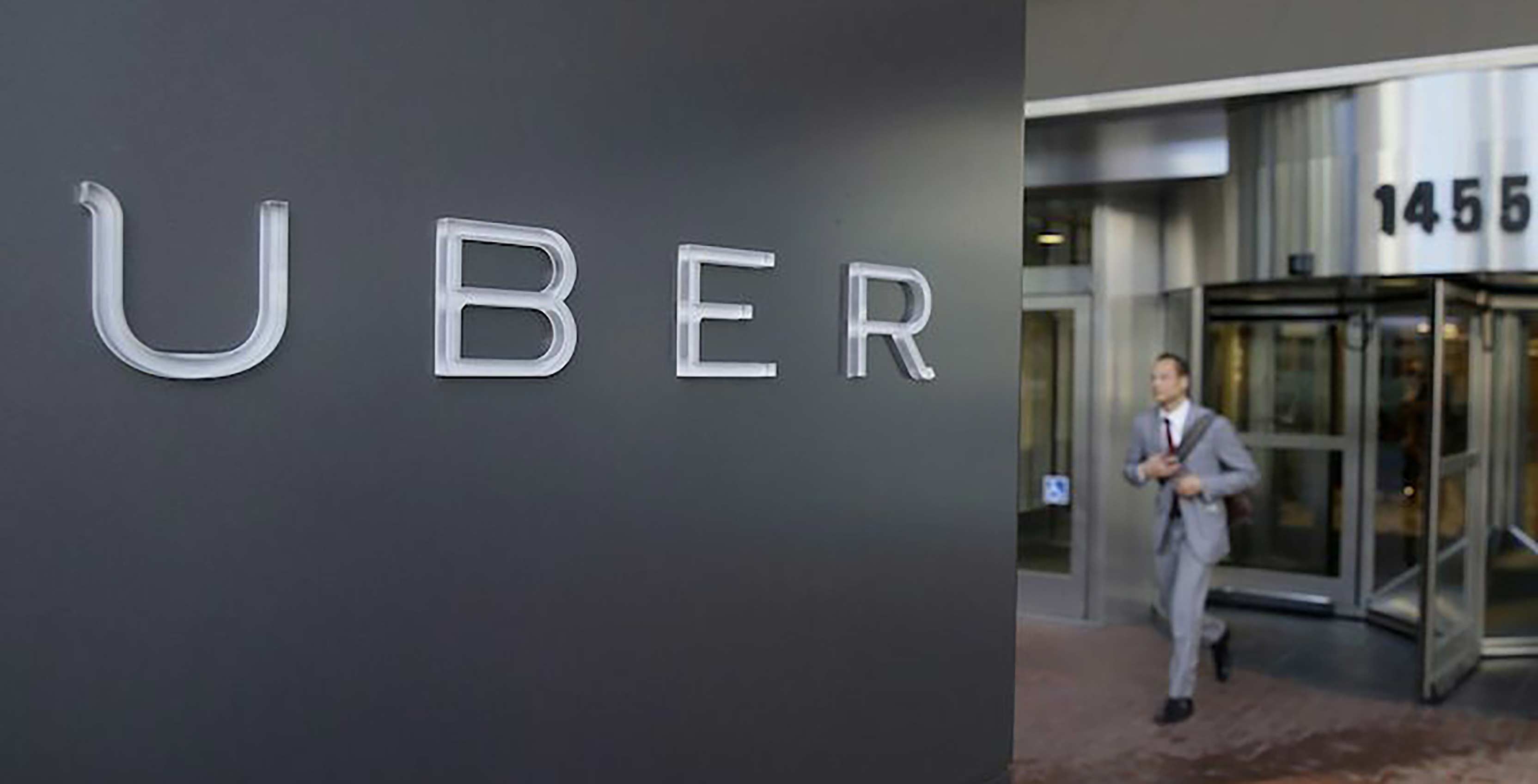
Uber will be ceasing operations in Quebec on October 14th, 2017, if the company can’t come to an agreement with the provincial government.
According to Uber Quebec’s general director Jean-Nicolas Guillemette at a September 26th, 2017 press conference, the decision to terminate its operations comes as a result of the government’s announcement last Friday that the company’s pilot program in the province had been renewed, but with added caveats aimed at improving driver training and passenger safety, as well as modernizing the province’s existing taxi fleet.
“We tried to ensure that we could do things right and comply with regulations…but we did not imagine that we’d have to make this announcement today,” said Guillemette.
While Guillemette expressed concerns with the government’s new police background checks mandate, his chief issue was with the new 35-hour training requirement.
“In particular, we’re talking about mandatory training of 35 hours, which has never been seen in this sharing economy,” said Guillemette.
“…the proposed rules would impose onerous training obligations developed for a different industry on ridesharing drivers…”
Uber Quebec’s top boss criticized the 35-hour training requirement by comparing it to forcing Airbnb users to undergo mandatory training for renting out their apartments “once, twice, or three times a year.”
“Among other things, the proposed rules would impose onerous training obligations developed for a different industry on ridesharing drivers, without taking into account the benefits that come with new technology, such as in-app safety features, GPS tracking of every trip, a two-way rating system, and 24/7 support,” reads an Uber statement emailed to MobileSyrup.
Since most of Uber Quebec’s drivers are part-time workers, Guillemette further argued that fewer people would sign up to drive for the service if forced to undergo 35 hours of training.
“There are no other places in Canada that require any type of training,” said Guillemette.
Guillemette also emphasized — in his prepared remarks, as well as in his answers to French and English media — that Uber did not “want to negotiate in public,” and that the company is prepared to sit down with the Quebec government to discuss new terms.
“Of course we are not against training,” said Guillemette. “What we’ve developed is an on-going training program depending on the needs of the drivers.”
Quebec’s position on the pilot project
In a press conference on Friday, September 22nd, 2017, Quebec’s minister of transportation Laurent Lessard announced that Uber drivers would have to undergo a police background check, while also taking on an additional 15 hours of training.
Background checks were previously handled by a private company employed by Uber, while potential Uber drivers were expected to undergo 20 hours of government-mandated training.
Mathieu Gaudreault, a spokesperson for the minister of transportation, told MobileSyrup that the government is “open for discussion on the form that the modification that the pilot project is going to have.”
“Those 35 hours don’t have to be done in a classroom with teachers and a chalkboard.”
The government won’t budge on the exact numbers — the 35 hours of training and the background checks — but it is willing to negotiate the terms of how Uber drivers will undergo their training.
“Those 35 hours don’t have to be done in a classroom with teachers and a chalkboard,” said Gaudreault, in a September 26th, 2017 phone interview.
Gaudreault also defended the government’s approach to the pilot project, arguing “we’re making room for Uber in the regulation in Quebec, I think Uber can make some adjustment in their business models.”
Uber has roughly 10,000 drivers in Quebec. In the past year, users have taken approximately eight million trips with Uber, while approximately one million people have used the app across the province.
MobileSyrup has reached out to Quebec’s ministry of transportation, and will update this story with a response.
MobileSyrup may earn a commission from purchases made via our links, which helps fund the journalism we provide free on our website. These links do not influence our editorial content. Support us here.


